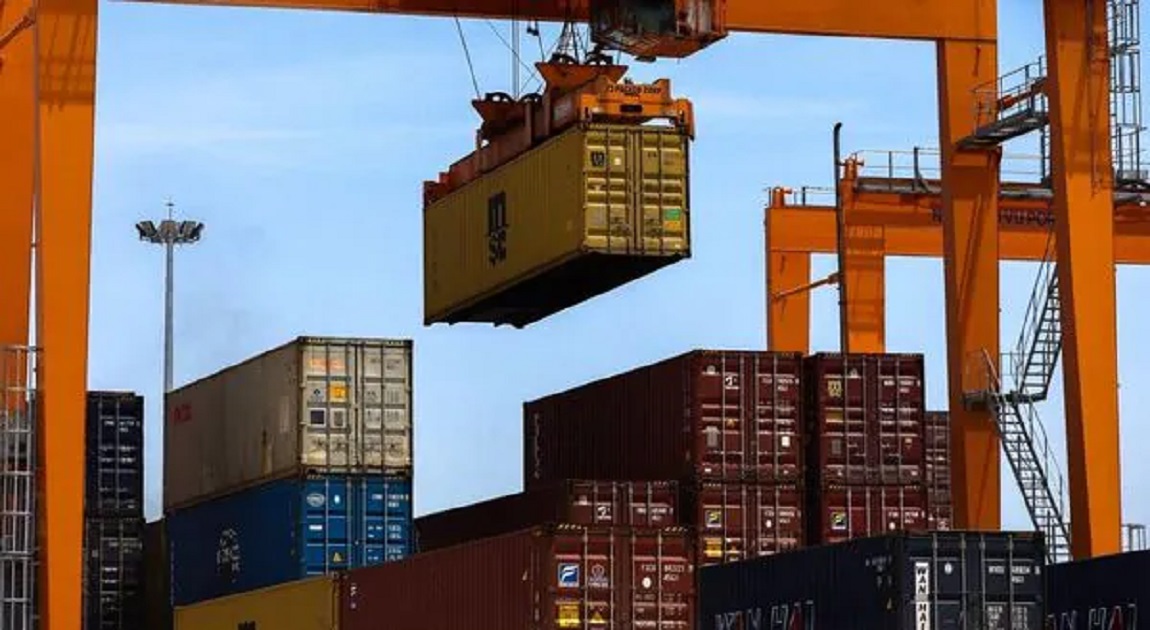The Government of India has introduced new import restrictions on specific goods originating from Bangladesh, effective immediately.
The announcement was made via a notification issued by the Directorate General of Foreign Trade under the Ministry of Commerce and Industry.
As per the directive, India has enforced a complete ban on the import of readymade garments through any land ports, allowing exceptions only at the seaports of Nhava Sheva and Kolkata.
As per the directive, India has enforced a complete ban on the import of readymade garments through any land ports, allowing exceptions only at the seaports of Nhava Sheva and Kolkata.
Additionally, imports of fruits and fruit-flavored carbonated beverages have been prohibited through certain Land Customs Stations (LCSs) and Inland Container Depots (ICDs) located in the Indian states of Assam, Meghalaya, Tripura, Mizoram, and West Bengal.
The Indian government has also restricted the entry of processed food items—such as baked goods, snacks, chips, and confectioneries—through specified border points.
Further, a ban has been placed on the import of cotton and cotton yarn waste through select LCSs.
Imports of plastic and PVC finished products have also been restricted, with exceptions made for pigments, dyes, plasticizers, and granules used as raw materials by domestic industries.
Wooden furniture imports from Bangladesh will now face new regulatory constraints as well.
However, the notification clearly states that these restrictions do not apply to imports of fish, LPG, edible oil, or crushed stone from Bangladesh.
However, the notification clearly states that these restrictions do not apply to imports of fish, LPG, edible oil, or crushed stone from Bangladesh.
In addition, goods exported from Bangladesh to Nepal and Bhutan that transit through India will remain unaffected by the new rules.
The Indian government stated that this policy shift is part of broader efforts to enhance oversight and management of cross-border trade, with a focus on improving both economic regulation and national security.

















-20260221022942.jpg)
-20260221022827.webp)


















